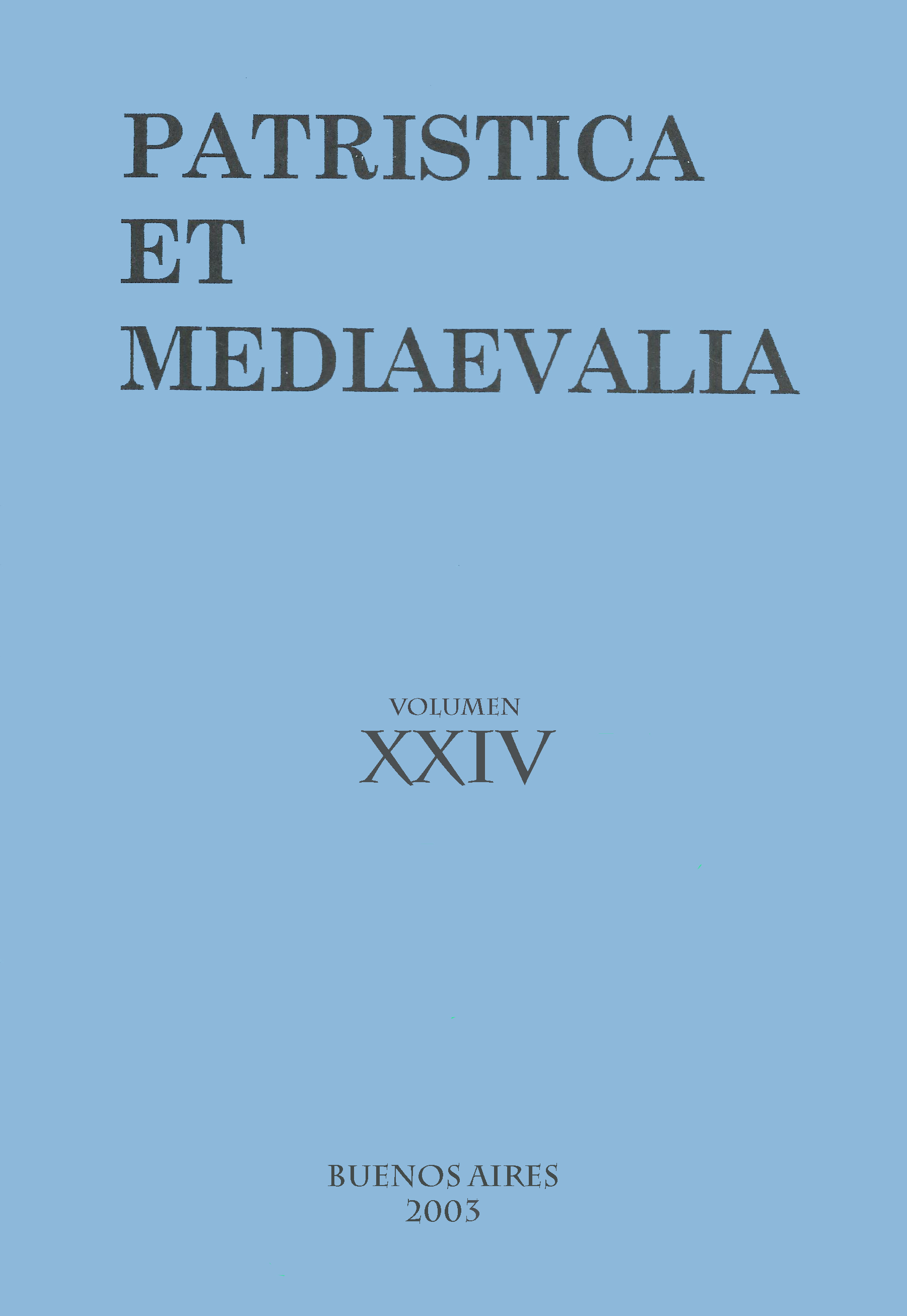Late Middle Ages and Humanists Scholar Glosses to the Consolatio
Abstract
Glosses are not a literary genre. Rather, their name responds to a geographical criterion. The marginalia are not notes. They have neither the complexion nor the purpose of a notation. E. Poe says that what gives them value is precisely their lack of purpose. The reader needs to unload the weight of a thought at the precise moment he or she reads a certain passage. This, added to the reduced space, makes the marginalia have the audacity of the first intention and the correctness of the conciseness. The marginalia need the text as a pretext for its composition and, at the same time, context for its intelligibility. Without context, the marginalia are fragile to understand.Downloads
References
Black, R. & Pomaro, G. (2000). La Consolazione della Filosofia nel Medioevo e nel Rinascimento italiano, Libri di scuola e glosse nei manoscritti fiorentini / Boethius’s Consolation of Philosophy in Italian Medieval and Renaissance Education, Schoolbooks and their Glosses in Florentine Manuscripts. Firenze: SISMEL Edizioni del Galluzzo (biblioteche e Archivi 7).
1. The authors who publish in this magazine accept the following conditions:
-
They retain the copyright and grant to the magazine the right of the first publication, with the work registered under the Attribution-ShareAlike 4.0 International License that allows third parties to use what is published as long as they mention the authorship of the work and the first publication in this magazine.
-
They can make other independent and additional contractual agreements for the non-exclusive distribution of the version of the article published in this magazine (eg. include it in an institutional repository or publish it in a book) provided that they clearly indicate that the work was first published in this journal.
-
They are allowed and recommended to publish their work on the Internet (for example on institutional or personal pages).
2. AutoArchive Conditions. Authors are allowed and encouraged to distribute post-print electronic versions of their manuscripts because it promotes their circulation, a possible increase of quotation and a major reach among the Academic community. Color RoMEO: blue.













